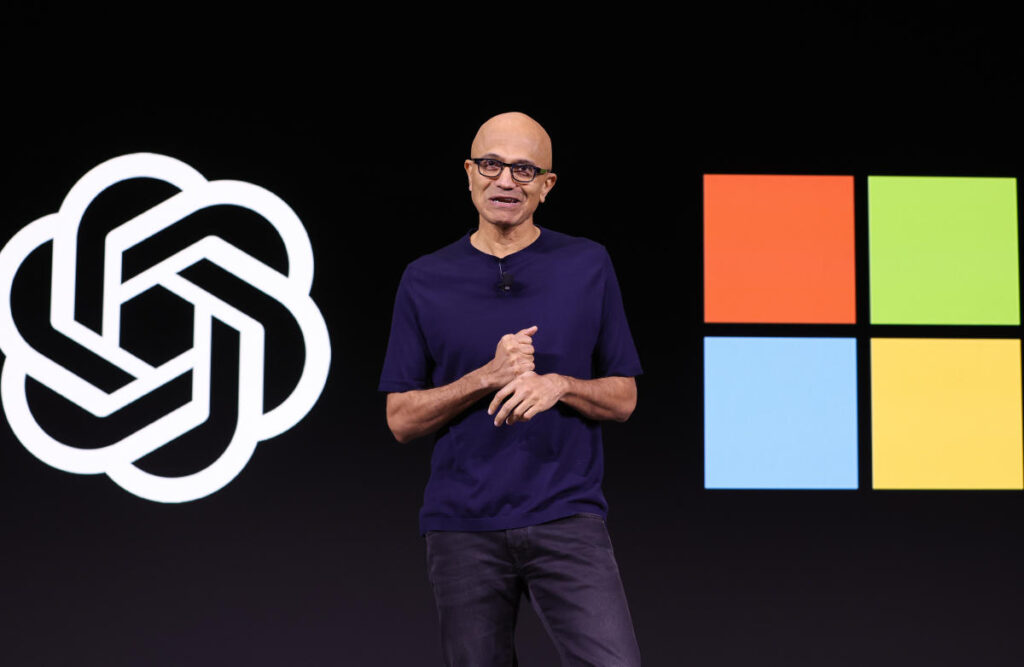OpenAI is contemplating a significant shift from its nonprofit roots to a for-profit structure, a move that could greatly benefit its principal investor, Microsoft. Sarah Kreps, director of the Tech Policy Institute, emphasizes that such a transition would allow OpenAI to focus on profitability, aligning with Microsoft’s financial interests. Should OpenAI’s change in status be approved, Microsoft may renegotiate its profit-sharing agreements, particularly a restriction preventing it from acquiring any interest in the general artificial intelligence that OpenAI develops. The restructuring would likely grant Microsoft and other stakeholders greater influence over the organization’s direction, as OpenAI’s original nonprofit model would no longer govern its operations.
However, this shift is fraught with legal and public relations challenges. OpenAI’s complex company structure and its valuation, which recently soared to $157 billion following a $6.6 billion funding round, are contingent on this transformation to for-profit status. OpenAI has faced notable scrutiny and competition from players like Google and Anthropic, intensifying the urgency for organizational change. The original nonprofit foundation, established in 2015 with a mission to serve humanity rather than profit, could be fundamentally altered if the company transitions to a for-profit model, jeopardizing its commitments to transparency and public benefit.
The transition would be reminiscent of past upheavals, such as the tumultuous boardroom events in 2023, where CEO Sam Altman was briefly ousted. OpenAI had created a for-profit subsidiary in 2019 to facilitate venture capital funding, but Microsoft’s involvement is complicated by a lack of governance control over the subsidiary. The potential shift in control structure has piqued the interest of regulators, leading to inquiries by both U.S. and European authorities into how such a transition could affect AI market dynamics. This scrutiny touches on essential concerns about public access to transformative technology that may have existential implications.
In particular, the Federal Trade Commission and various state officials are assessing whether OpenAI’s restructuring could stifle competition within the AI market. Elon Musk, one of OpenAI’s co-founders, has also raised alarms regarding the nonprofit’s direction, alleging that his original financial investments were intended for public good and criticizing the potential departure from this mission. If OpenAI proceeds with its change to for-profit status, it could also draw examination from the Internal Revenue Service due to its previously granted tax-exempt status.
As OpenAI considers this significant transition, legal experts suggest that the organization might take steps to confirm the fair market value of its assets during the restructuring. This move would ensure the nonprofit side of its operations does not lose out financially in the transition; their control must be compensated adequately to avoid potential backlash. Regulatory intuition will be particularly focused on how the removal of nonprofit oversight occurs and its implications for public interest in the company’s mission.
Ultimately, OpenAI may choose to operate as a public benefit corporation, allowing it to maintain a degree of commitment to socially responsible initiatives while attracting investments more freely. Public benefit corporations are designed to prioritize public good alongside profitability, positioning OpenAI similarly to other successful organizations like Musk’s xAI. Quick investor interest is crucial, given the capital-intensive nature of AI, and transitioning to a for-profit model could accelerate growth and innovation.

